Justin Wu 吳一縉 : Representation in Image Making, Media and Film 圖像媒體中尋真我
Chinese translation: Keira O
AS FEATURED IN EDITION NO. 7 OF FêTE CHINOISE MAGAZINE: PERSPECTIVE 覺•渡
Photographer: Justin Wu VENUE: Ikonica Studios producer: Clement Chu, CCYAA Art Direction: Deborah Lau-Yu Coordination: Tiffany Anna Chan, CCYAA
justin wu, director & photographer
Mike Wu, Edward Leung & Sheldon ho, Founders & Producers of Canto Mando
My name is Justin Wu. My mother is a fine-art painter and my late father was a doctor. Both grew up in Hong Kong before emigrating to Canada to seek a better life. Typical of many first generation Chinese-Canadians, I felt obligated to attend university and enroll in sciences and business to satisfy my parents’ desire for me to follow in my father’s footsteps. However, much to their disappointment, I tore up my medical school application at the eleventh hour and chose to pursue my passion for the arts instead.
I grew up rather introverted and unable to express myself properly, I found solace and my truth through art. I experimented mostly with drawing and sketching, which led me to photography and film. To my dismay, there were no mainstream, successful, young North American Asian role models in this field at that time. Repeatedly, friends, family and even school counselors tried to steer me away from the arts as a career, but that only fuelled my fire to prove them wrong.
Without anyone to support me here, I managed to grab the last spot on an exchange program to Paris in my last semester of university. I booked a one-way ticket and never turned back. I chose Paris because it was the epicenter of fashion. The fashion world called to me, mainly because it felt very inclusive, or so I thought. At that time, I was just coming to terms with my sexuality and identity. As a budding photographer, it was an industry that seemed to value storytelling, the artist's voice and to celebrate diversity. However, just like my experience at home, I faced dejection and rejection — it was not nearly as inclusive as I hoped.
Left and right, I would see the same faces making decisions and the same talent behind and in front of the camera. Being one of the few with coloured skin in the room, I was never taken seriously. I was laughed out the door. I would repeatedly hear the words “go back home” or “you don’t belong here.” I could find no mentor to guide me and I was completely alone. At one point in time, I was couch surfing for a couple months with nowhere to live. But the more challenging the conditions got, the more determined I became.
On the very last agency appointment before my visa was to expire, I walked in, head high to present my portfolio. I knew immediately that they had prejudged me. Within seconds of flipping through my book, one of the agents took it and threw it in the trash, while the others laughed hysterically. I was heartbroken and my hopes completely shattered. Biting my tongue, I bent over to pick up my book from the trash and asked the agent calmly, “What could I do better?” As the rest of the room settled down, he pulled me off to the side and told me that because I had demonstrated a desire to learn and grow, he would give me a chance. I wanted to show him he was right to do so. Eventually, the agent became my mentor and, thanks to him, I was able to rebuild my portfolio, carve out a niche for myself and get my break. Shortly after, I was signed as a commercial photographer and later a director.
Clement Chu, Co-Founder and President, CCYAA
I am sharing this story today to make a point. I began at a time when there was nobody that looked like me in the industry. I had no support of any kind. Nobody believed in me... most painfully: not even from my own Asian community back home. There were many times I lost faith in myself. My journey should not have been as challenging as it was. I had to fight against long-standing prejudice and outdated societal expectations because I belonged to a particular ethnic group.
Nearly a decade later, I am full of optimism and hope. The world has become smaller and more intertwined. Businesses can no longer survive without acknowledging the cultures they inhabit or speak to. Diversity, inclusion and equity are now more important than ever. Looking back at my years in the fashion world, I’ve noticed a significant change with who is behind and in front of the camera. It’s not perfect yet. In fact, far from it, but it’s trending positively. I’d like to believe we are getting closer to normalizing multiculturalism and equity and many more milestones within reach.
One of those first milestones —a rather important one— is a global acknowledgement that diversity is not just about race, ethnicity, gender identity, sexual orientation, age, social class or physical ability. It’s also about diversity of values, political beliefs, nationalies and even mindset. With movements like “Black Lives Matter” and “Stop Asian Hate,” my hope is that society does not fall into the pitfalls of tokenism. Inclusion and equity must be factored-in at all levels. People need to foster, empower and acknowledge the inherent worth of everyone to promote a sense of belonging for all. In practice, this means that decision makers themselves need to reflect different cultures and values to truly understand intersectionality.
As I begin a new journey into film and television, (despite this outspoken push for greater inclusion), I still recognize a significant lack of diversity. I’m aware there are more diverse and inclusive stories being told on screen and, when we look at award shows, I am genuinely gratified that it’s now part of the conversation. However, from my experience, boardroom meetings and camera crews still look the same for the most part. It’s a Catch-22 that is difficult to break. How can you get an opportunity without experience and experience without opportunity?
Tracy Tong, Multi-Market Anchor and Producer for Global News
I believe the only way to break the cycle is for decision makers to offer meaningful opportunities to marginalized sectors of society and give them an equal chance to scale their desired heights. This includes being better allies and offering structured programs like mentorships. A perfect example of this is Ryan Murphy’s pioneering Half Initiative of which I was a fortunate recipient of. It’s an immersive, paid, educational program for women, BIPOC, and LGBTI individuals to break that cycle. In doing so, businesses open their doors to fresh new perspectives, possibilities for innovation, collaboration and better communication.
More importantly, there is also plenty we can do for ourselves. Besides demanding change from our governments, industry leaders and decision makers, we as a community need to be better at supporting and uplifting each other. Take my example: I was on the edge of giving up countless times because I had no support. Had I not found someone to believe in me and give me a chance, I would not be where I am now.
Today, I hope that the few of us who were able to excel in unconventional fields like the arts can now shepherd a new era so that the next generation will know that anything is possible. Over the past few years, I’ve continued to teach, lecture and mentor new diverse artists to learn and grow as I do not want my story to be repeated. Whenever possible, we collectively have a responsibility of opening, sharing and giving back, because I strongly believe we will thrive by supporting one another.
何謂多元主義?牛津詞典註解是「常規化或量化地包容及包括不同背景、不同種族、不同性別及不同性取向的個體。」對我而言,這說法較為流於表面。當你不被了解時,便會失去追隨夢想的熱情。取而代之,只能悄悄地融入別人的模式。
Tim Chung, executive assistant to masai ujiri, present of the toronto raptors
我是吳一縉(Justin Wu)。母親是一位美術畫家,已故的父親是醫生。他們都在香港長大,後來為了尋求更好的生活,選擇移居加拿大。跟許多典型華裔家庭一樣,我覺得自己有義務上大學,並報讀了理科和商科來滿足父母對我繼承父親衣缽的期望,但最後卻令他們失望。因為我竟然撕毀了醫學院的入學申請,毅然選擇了追求我對藝術的熱情。
由於性格內向,不善於表達,唯有藝術讓我找到自己。我不喜歡音樂,因此先以繪畫、素描開始,然後再接觸攝影和電影。奈何,可讓我仿效的榜樣寥寥可數。那時候,這行頭裏並沒有一個在北美主流成功的亞裔人物。當時無論是朋友、家人甚至學校都迫我不要以藝術為職業。可惜,這些舉動反而令我下更大決心去證明他們是錯的。
這裡沒有人支持我,我便在大學的最後一個學期,抓住了一個到巴黎交流的機會。我訂了一張單程機票,決心勇往直前。巴黎這時尚之都,讓我感到被接納,好像跟我有着共同語言。剛巧,那亦正是我確定自己的性取向和身份的時候。作為一位嶄露頭角的攝影師,我還以為這個行業會著重説故事、會聽取藝術家的聲音、會尊重多元主義。但事實上,卻不像我想像中那麼包容,感覺跟我在家裡的經歷一樣。我感到沮喪、失望。
無論去到哪裡,做決定的,來來去去都是某幾個人,鏡頭前後的也是某幾個人。作為少數的有色人種,我從未被重視。我反覆聽過「回家吧」或「這裡不屬於你」等冷嘲熱諷,更沒遇上良師或益友。我甚至當上了幾個月無家可歸的沙發客。但當事情越具挑戰性時,我的決心反而越堅定。
sponsored by ferris wheel press.
在我的簽證到期前,我自信地到某經理人團隊做最後一次面試。我深深知道,只因為我看起來跟他們不同,會遭歧視與偏見。果然,他們只用了幾秒鐘翻一翻我的作品集,其中一人便把我的心血扔進了垃圾桶,在旁的人還在哈哈大笑。我的心碎了、希望也徹底破滅了。我想向他們證明,我的作品也很好,那些預設的歧視和偏見是毫無根據的。我咬緊牙關,從垃圾桶裡撿起我的作品集,冷靜地問那經理人:「我怎樣才可做得更好?」後來經理人把我拉到一邊,給了我一個機會,只因他看到我對學習和成長的渴求。感恩地,這位經理人亦成為我的導師,助我建立了一份亮麗的履歷。最終,短短幾個月內,我簽約成為商業攝影師,後來更當上了導演。
我今天分享這個故事,是為了說明因長久過時的歧視偏見及社會期望,令我當時的路走得很艱難。再加上我決定入行時,沒有任何人看好我、支持我。甚至當我回到最有歸屬感的亞裔社區時,亦得不到信任,這點令我完全失去了信心。
十年後的今天,我感到樂觀和充滿希望。過去幾年,世界變得越來越小,越來越緊密。企業如果不承認或感謝其棲身的文化背景,便難以生存。多元主義、包容性和平等這些議題,都比以往任何時候重要。回顧我在時尚界的歲月,不論在鏡頭前後都出現了重大變化,多元人才逐漸被重視。雖然現階段尚不完美,但變化總算是積極的。我相信我們正在實現多元文化主義和公平正常化。這是一個極佳的里程碑,往後定可更上高峰。
Simu liu, actor cultural advocate and author
我認為其中一個很重要的里程碑,是全球認可的多元主義不僅與種族、民族、性別、性取向、年齡、社會階層、體能有關。同時,它亦與價值觀、政治取態、民族血統,甚至心態有關。隨著去年「黑命關天」(Black Lives Matter)和「停止亞裔仇恨」(Stop Asian Hate)等運動,我希望社會和企業在做決策時,把包容性和平等都列入考慮因素內。而實踐這些考慮,決策者必須清楚理解並反映不同文化及價值觀。當我展開我的電影和電視之旅時,儘管我敢言地推廣性別包容,但多元主義依然是嚴重
缺乏。我注意到,現在屏幕上講述多元主義和包容性的故事已逐漸增加。至少,當我們觀看頒獎典禮時,也成為了話題之一。但是,根據我的經驗,上至董事局會議,下至製作組都依舊沒有改變,恐怕這種循環局面令創作難以突破。其實沒有經驗怎能有機會?而沒有機會又怎能有經驗?
我相信打破這種循環的唯一方法,是決策者能提供平等的機會予社會上的邊緣階層。這包括是聯盟,及制定有架構的計劃如導師分享。 Ryan Murphy 創立的「Half Initiative」便是一個好例子,而我亦曾受惠於此計劃。這個計劃為女性、BIPOC 和 LGBTI 社群提供的浸入式付費教育,以最佳方法打破以上提及的循環。計劃成功地讓企業以新角度,看到創新的可能性、合作機會、及更良好的溝通。
更重要的是,除了要求政府、行業領袖和決策者改變,我們也可以為自己做很多事情,例如在社區互相支持和鼓勵。以我為例,我曾無數次遊走在放棄的邊緣,是因為我沒有得到家人的支持。如果當時沒遇到一個相信我、並給我機會的人,我不會走到現在!
今天,我希望我們這些在藝術行業、非傳統領域表現出色的人,能帶領着這一個時代,並向下一代説明任何事情都是有可能的。在過去幾年間,我不斷教育、授課和指導新的多元化藝術家學習和成長,因為我不希望他們重蹈我的覆轍。一有機會,我們便分享和回饋,因為我衷心相信,通過互相支持便會茁壯成長。
我拍攝這輯照片,介紹了一小部份在各行各業表現卓越的加拿大華人。我希望他們能啟發你了解多元主義、包容性和平等問題。有了適當的支持和機會,每個人頭上都有一片天。現在就讓我們互相扶持,慶祝彼此的成就,同時亦不忘進步求變。
alex porat, singer-songwriter
Alfred sung, documentary director & producer
adrianne ho, model designer and director
lainey lui, founder laineygossip.com, co-host, the social, and senior correspondent, etalk
Melissa leong, money expert & Award-winning author
albert tseng, co-founder, dao foods international
eva wong, co-founder and coo borrowell
ming-bo lam, dance artist & entrepreneur
sponsored by ferris wheel press.


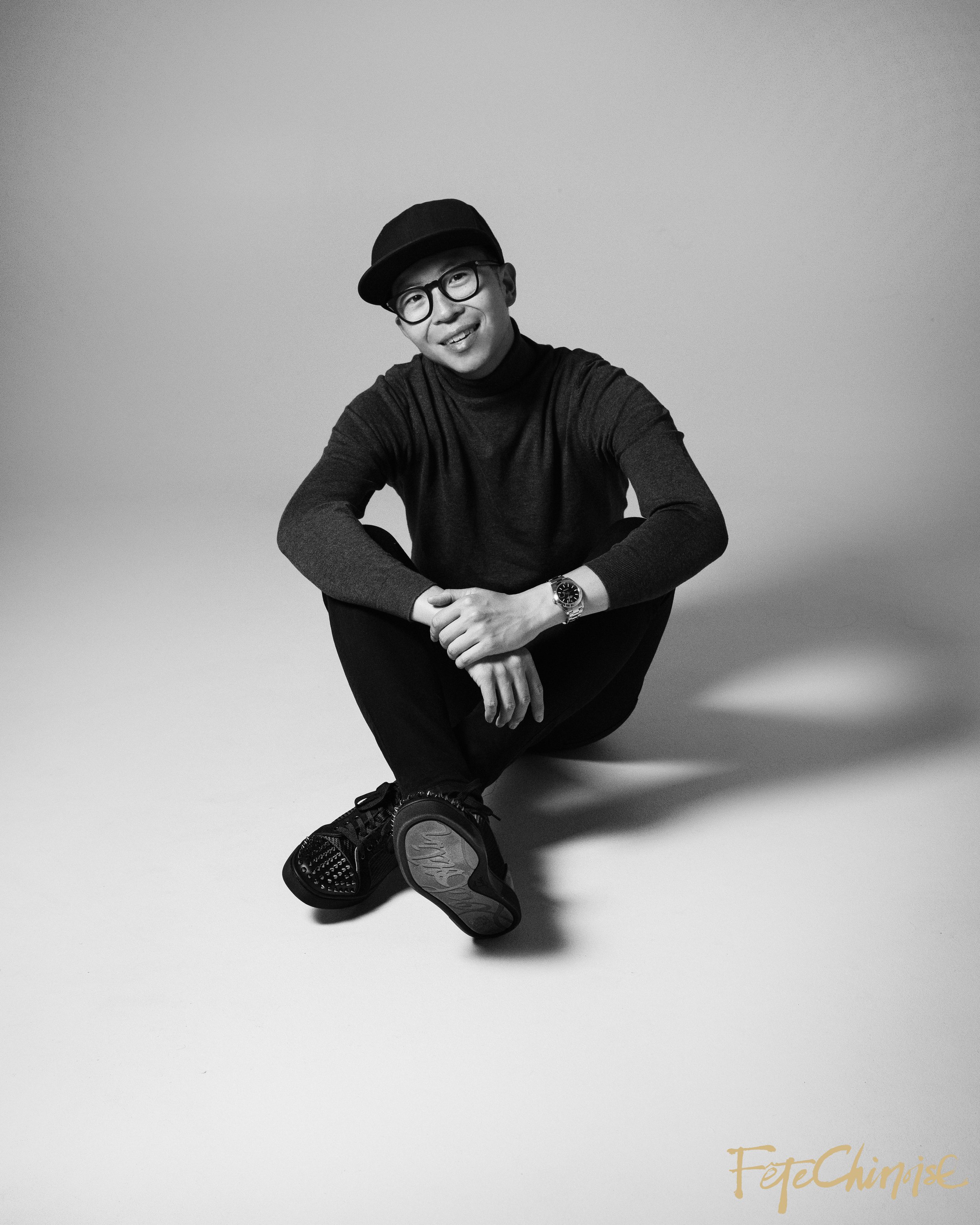







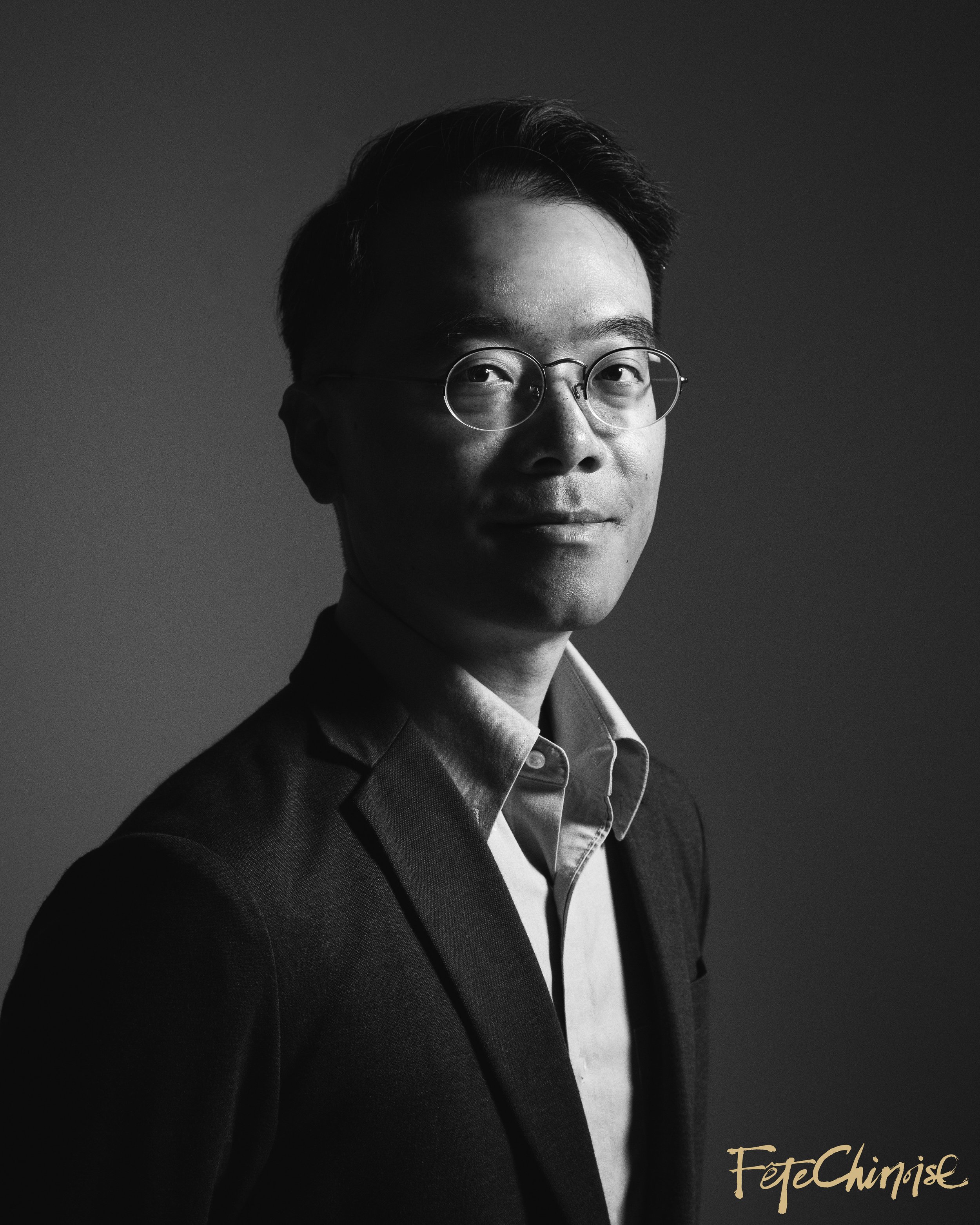








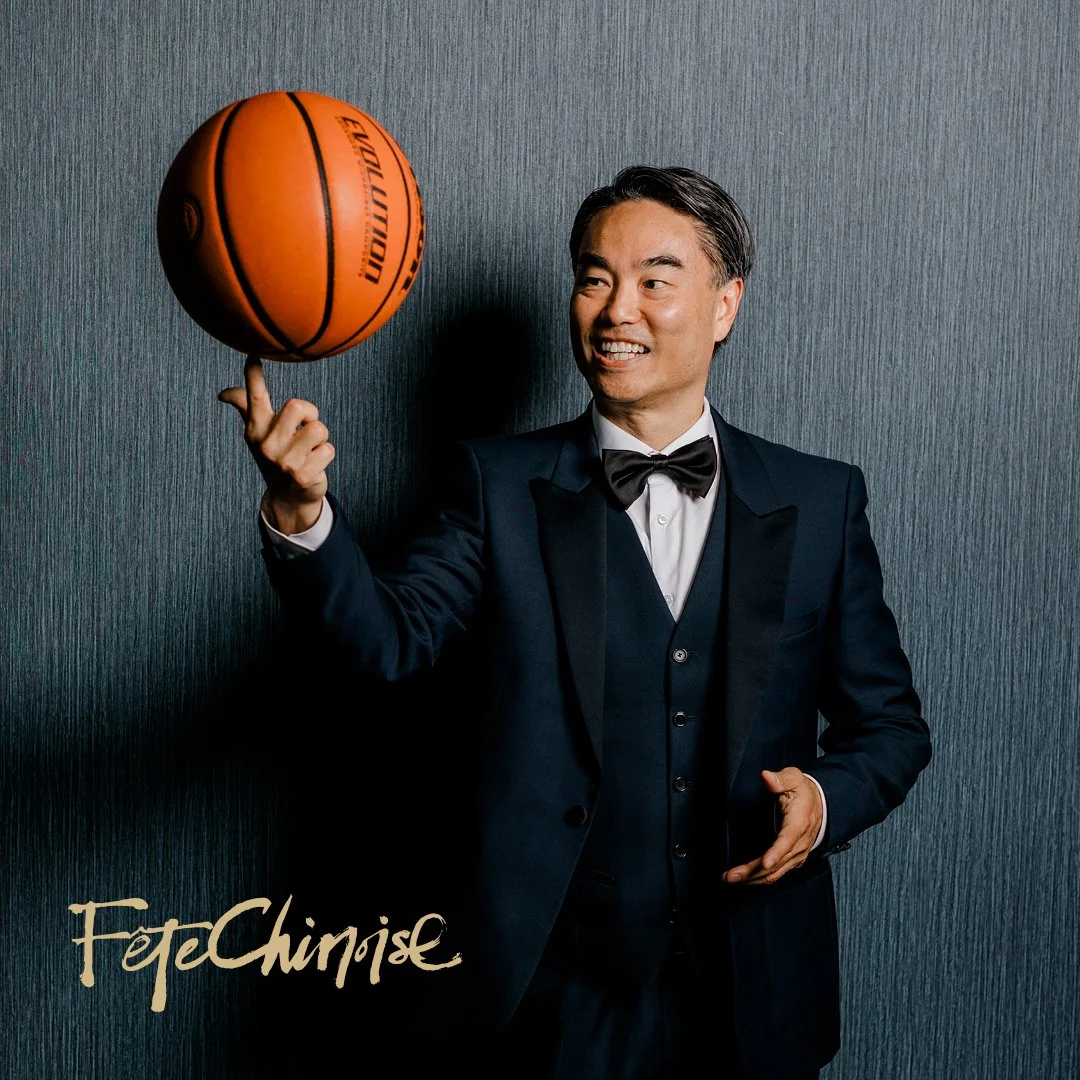
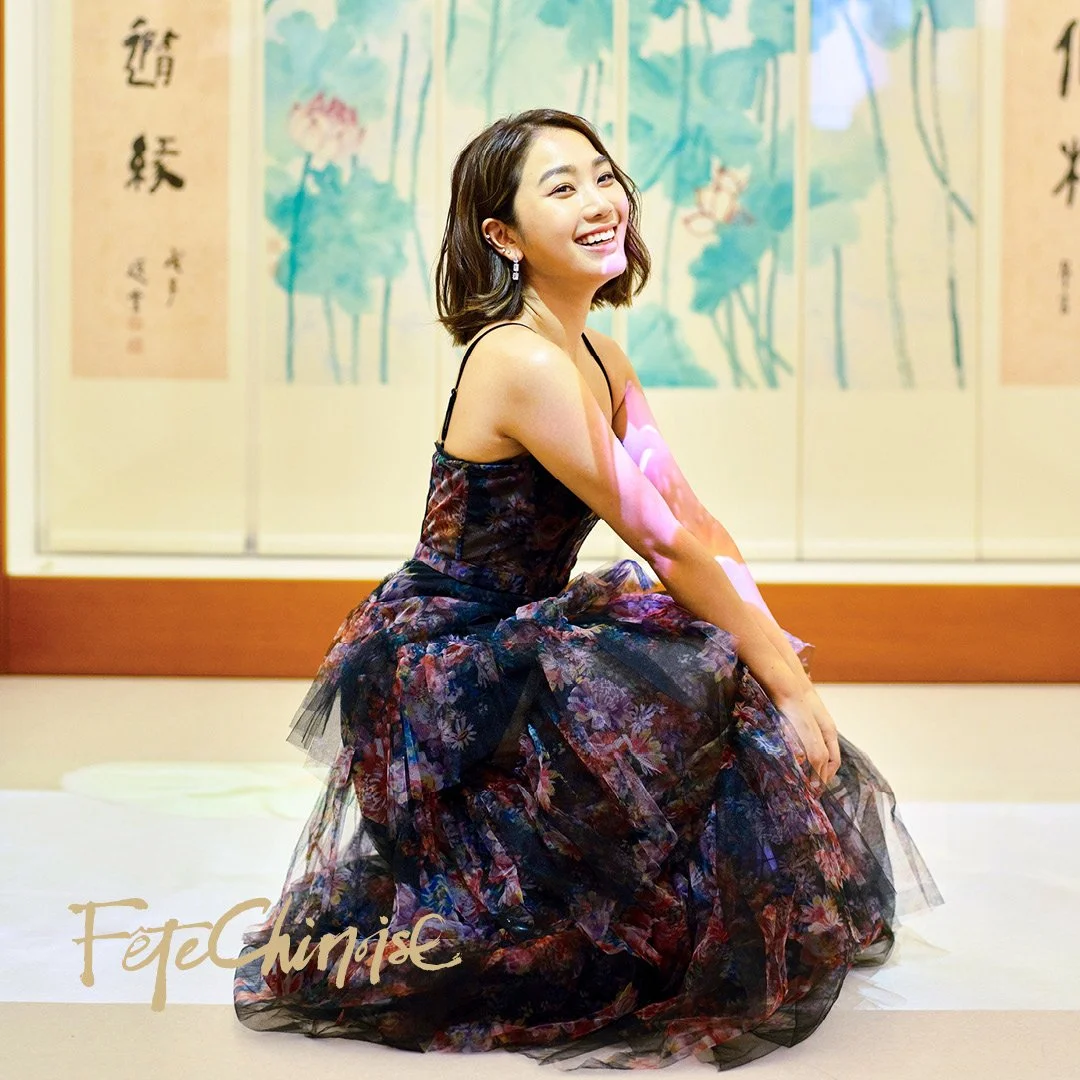

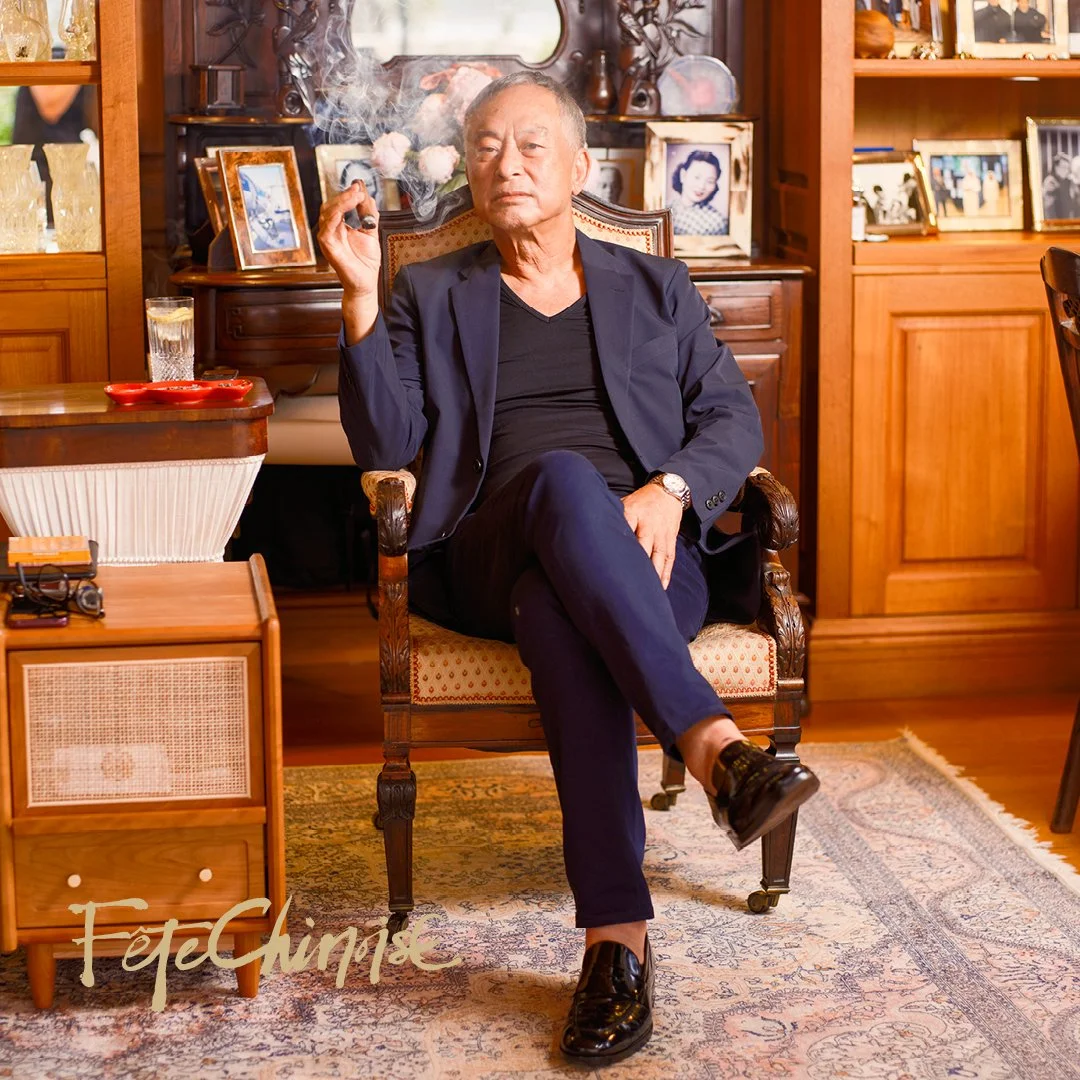
Ginalina, the stage name of Vancouver-based musician Gina Lam, weaves a tapestry of sound that bridges cultures and generations. Her latest album, All The Earth Speaks, released last fall, is a testament to her artistic vision—a fusion of traditional Chinese and Taiwanese folk music with contemporary Western influences.